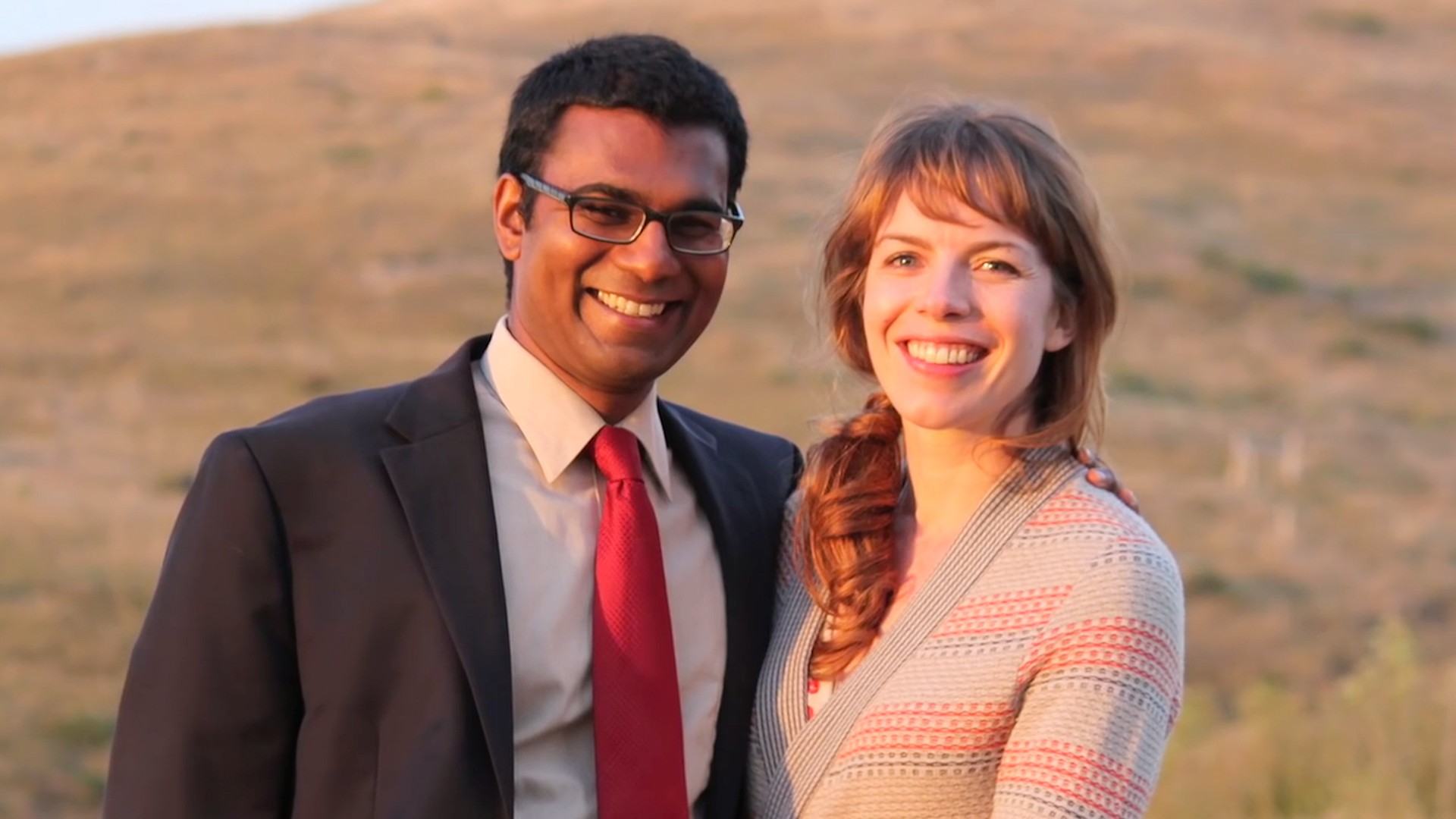Kevin Laubacher / Getty Images
In what's both a testament to modern medicine as well as the unpredictable nature of cancer, it's the side effects of treatment rather than its symptoms that we associate with the disease most. Every case of cancer develops differently, but many patients undergo similar kinds of treatment, whether that's surgery, doses of radiation therapy, or potent chemotherapy drugs—all in an attempt to selectively kill wayward cancer cells.The side effects of chemo are well known and include nausea, vomiting, and hair loss, but preliminary results of a study released over the weekend suggest that patients aren't as worried about these physical consequences as they used to be. Rather, it's the more hidden aspects of chemotherapy that stress them out in their day-to-day lives, like losing sleep or feeling like their illness is a weight on their loved ones.German researchers recruited 141 people with either breast or ovarian cancer who would be treated with chemotherapy. Before, during, and after their course of chemo, researchers asked patients to rank common side effects based on how much of a burden they were or anticipated them to be. At each interview, patients first chose their five biggest physical and nonphysical side effects, then ranked the combined ten side effects in order of importance. (In total, 113 patients completed all three surveys.) The researchers then compared these responses to similar patient surveys conducted in the 1980s and 1990s.They found that, for the most part, current cancer patients weren't as bothered by nausea and vomiting as their counterparts were twenty or thirty years ago. In 1983, for instance, vomiting was the most significant chemo side effect reported, compared to difficulty sleeping in the present day. And while hair loss and nausea were still some of the most feared side-effects on people's minds before treatment (and at the start of treatment for hair loss), those worries eased as time went along and other concerns became more prominent."Looking at patients' perceptions over the entire course of their chemotherapy, the most difficult side effects they deal with are sleep disorders—which become increasingly important over time—and anxiety about the effects of their illness on their partner or family, which remains a top issue throughout," lead author Beyhan Ataseven, a clinician at the Kliniken Essen Mitte, an academic teaching hospital in Essen, Germany, said in a statement.
Watch more from Tonic:
These changes reflect legitimate advances in cancer treatment, Ataseven said; there are now better drugs to help with the queasiness that often accompanies chemo. But the study results also reflect gaps in patient care."As doctors, these findings might lead us to consider possible improvements to the accompanying therapies we offer our patients: For instance, sleeping tablets were not until now a part of the routine regimen," she said. "There is also a clear case for providing stronger psychological support to address patients' social anxieties and family-related concerns."Though the team's results were presented at the European Society For Medical Oncology's 2017 Congress this week, the study itself has yet to go through peer review. And unlike earlier studies, the researchers only focused on breast and ovarian cancer patients (thought they do acknowledge that similar studies should be done for other types of cancer). That means we shouldn't take the findings as absolute gospel, nor assume they necessarily apply to different groups of patients.Nor is the current study the first to find that sleep problems are surprisingly common among cancer patients. According to a 2014 review in the journal Cancer Medicine, however, it's only very recently that doctors have even seriously considered sleep as something to keep an eye on when treating cancer, and "the prevalence of particular types of sleep disorders in cancer remains unclear."But overall, it's good for doctors to know what their patients think is important or bothersome during treatment, versus what doctors assume their patients care about.Read This Next: Chemo Will Try and Kill Your Sex Life
Advertisement
Advertisement
Watch more from Tonic:

These changes reflect legitimate advances in cancer treatment, Ataseven said; there are now better drugs to help with the queasiness that often accompanies chemo. But the study results also reflect gaps in patient care."As doctors, these findings might lead us to consider possible improvements to the accompanying therapies we offer our patients: For instance, sleeping tablets were not until now a part of the routine regimen," she said. "There is also a clear case for providing stronger psychological support to address patients' social anxieties and family-related concerns."Though the team's results were presented at the European Society For Medical Oncology's 2017 Congress this week, the study itself has yet to go through peer review. And unlike earlier studies, the researchers only focused on breast and ovarian cancer patients (thought they do acknowledge that similar studies should be done for other types of cancer). That means we shouldn't take the findings as absolute gospel, nor assume they necessarily apply to different groups of patients.Nor is the current study the first to find that sleep problems are surprisingly common among cancer patients. According to a 2014 review in the journal Cancer Medicine, however, it's only very recently that doctors have even seriously considered sleep as something to keep an eye on when treating cancer, and "the prevalence of particular types of sleep disorders in cancer remains unclear."But overall, it's good for doctors to know what their patients think is important or bothersome during treatment, versus what doctors assume their patients care about.Read This Next: Chemo Will Try and Kill Your Sex Life